
Maria (dir. Pablo Larraín)
Certificate: 12A
Running Time: 124 mins
UK Distributor: Studiocanal
UK Release Date: 10 January 2025
WHO’S IN MARIA?
Angelina Jolie, Pierfrancesco Favino, Alba Rohrwacher, Haluk Bilginer, Kodi Smit-McPhee, Valeria Golino, Alessandro Bressanello, Caspar Phillipson, Aggelina Papadopoulou
WHO’S BEHIND THE CAMERA?
Pablo Larraín (director, producer), Steven Knight (writer), Maren Ade, Jonas Dornbach, Simone Gattoni, Janine Jackowski, Juan de Dios Larraín and Lorenzo Mieli (producers), Ed Lachman (cinematographer), Sofía Subercaseaux (editor)
WHAT’S IT ABOUT?
The final days of world-renowned opera singer Maria Callas (Jolie)…
WHAT ARE MY THOUGHTS ON MARIA?
Positioned as the final film in director Pablo Larraín’s trilogy of arthouse pseudo-biopics about notable 20th century women, after Jackie and Spencer (sadly, it appears that El Conde, his vampiric take on Augusto Pinochet, is not an official entry), Maria is perhaps the most arthouse-y of the bunch. Larraín, never one to pass up the opportunity to turn every single frame into a deleted scene from a perfume advert, deploys all of his artistic arsenal into spicing up his take on the life of famed opera singer Maria Callas, and the end results certainly look – and, in this particular case, sound – as beautiful as anything you’d find in actual perfume ads.
Underneath the beauty, though, is a narratively sporadic and emotionally cold depiction of the fittingly operatic lifestyle that its subject led, all the way up to her final days.
Said final days are what Maria exclusively focuses on, as the film takes place in 1977 during the week leading up to the titular diva’s death – and before you go crying “spoilers!”, the film literally opens with a faraway shot of her concealed corpse. Angelina Jolie portrays the opera icon long after her singing career has taken its toll, having retreated to Paris with only her butler Ferruccio (Pierfrancesco Favino), her housemaid Bruna (Alba Rohrwacher) and her pet poodles for company, and is taking a doctor’s nightmare of pills that appear to be affecting both her vocal range and, more worryingly, her mental state. It’s gotten to a point where Maria is experiencing vivid hallucinations in the present – namely a film crew and reporter (Kodi Smit-McPhee) conducting an interview about her life – and immersive black-and-white flashbacks to her past, most notably her affair with the wealthy Aristotle Onassis (Haluk Bilginer).
Is this all a visual interpretation of a singer’s cognitive decline, or an indication of a much deeper, more upsetting goal for her to achieve before the inevitable? A bit of both, honestly. Though at no point does Maria attempt to actually dive into the essence of the person herself, as Larraín and screenwriter Steven Knight (who also wrote Spencer for the director) decline to explore the ins and out of the real Callas in favour of pure artistic expression, as Larraín previously did with Jackie and Spencer. The key difference, however, is that those films had freer reign to go a more unconventional route since they were depicting more universally recognisable figures. As big a star as Maria Callas was on the opera circuit, she is considerably less known than either Jackie Kennedy or Princess Diana, so asking a general audience outside of those who may already be familiar with the singer to accept a more fantastical and free-flowing screen examination of her life, especially one that doesn’t exactly get into her life story outside of some opening and closing montages, is a bit of an ask.
The lack of insight into who La Callas (as she often liked to be referred) actually was, outside of this artistic interpretation, creates a sizeable gap between the audience and the film’s emotional centre, leaving the former regularly feeling somewhat cold towards its subject, and possibly even bored into submission by its lethargic narrative flow. This is despite an incredible lead performance by Angelina Jolie, who succeeds where Knight’s script doesn’t in conveying the kind of person Maria Callas may well have been in real life, with the actor brilliantly embodies the diva’s delusional vanity with a healthy helping of much deeper sorrow, which shines through even in scenes where she appears to be wallowing in her own grandeur. Jolie opts for a more muted take than one might expect for a larger-than-life figure such as Callas, which allows her humanity to bellow out like her impossibly conducted vocals (a mix of archive recordings of the real opera singer, and the raspier but no less impressive operatics of Jolie herself), to where by the end you’ll be totally wrapped up in her own take on Callas, more than the one being presented by the film itself.
For all its efforts to create a visual symphony of expression surrounding its central subject – and a beautifully conducted visual symphony at that, with Ed Lachman’s dazzling cinematography and some striking costume design sticking out like a gorgeously crafted sore thumb – Maria lacks the necessary chords to fully land on the right note. This is down to Larraín and Knight perhaps keeping too great a distance from who La Callas actually was and deciding to go into full arthouse mode as the director did with his previous films, even at one point merging the worlds of both this and Jackie with a brief appearance by Caspar Phillipson as JFK (however, those expecting Natalie Portman to show up will be left bitterly disappointed).
Again, though, it doesn’t have the same effect here as it did with Jackie and Spencer, and even to a point El Conde, since those were at least about better-known figures whose lives are so familiar within the public consciousness that they could take greater fantastical liberties, whereas outside the world of opera Maria Callas remains more of an enigma. And given how narratively and often emotionally empty the film is, it appears that she is too much of an enigma to these filmmakers as well.
SO, TO SUM UP…
Maria is a visually stunning symphony of artistic expression that sees Angelina Jolie earn her deserved roses for a fantastic rendition of the titular opera star, but director Pablo Larraín and screenwriter Steven Knight unwisely forego deeper exploration of its subject in ways that leave the viewer feeling emotionally cold.




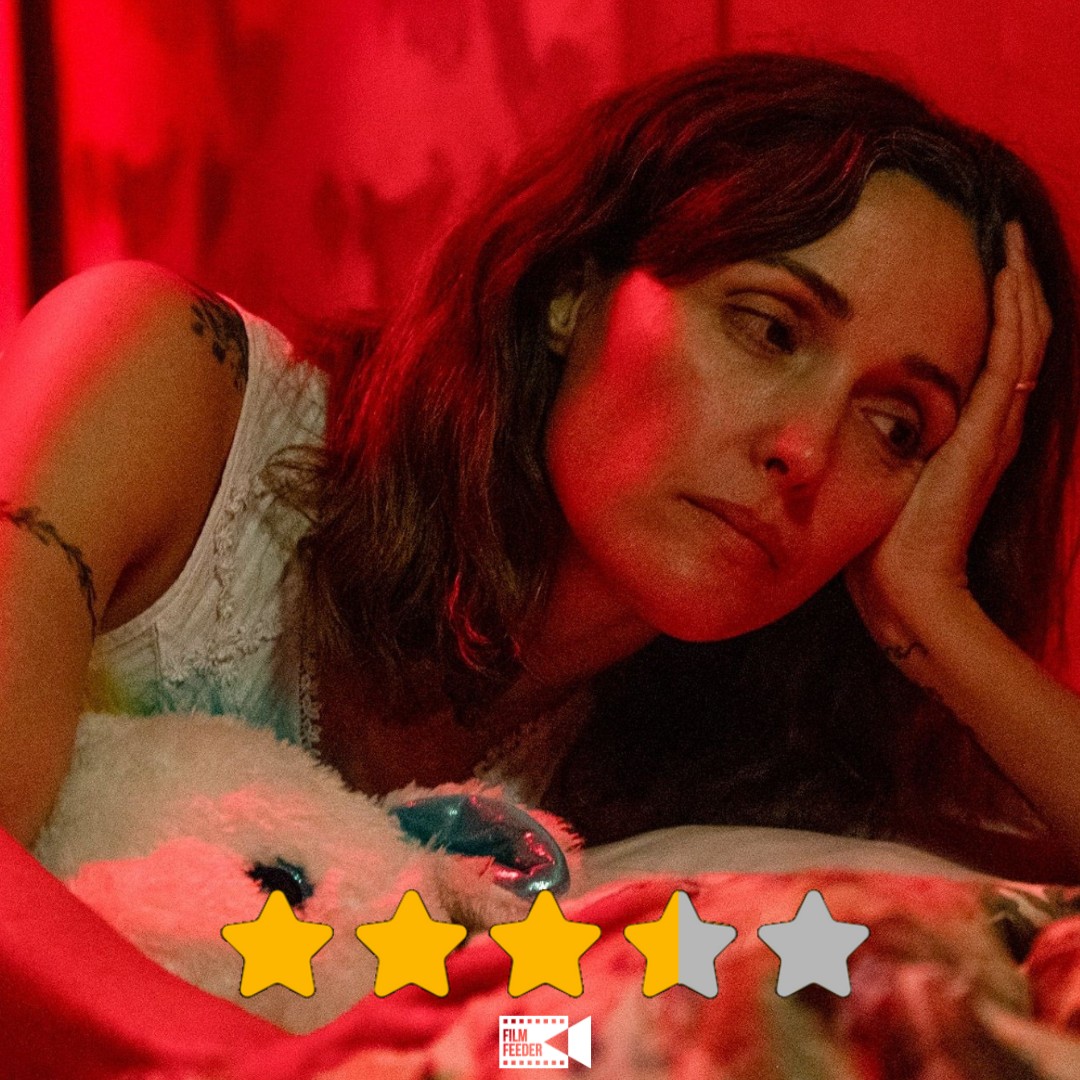


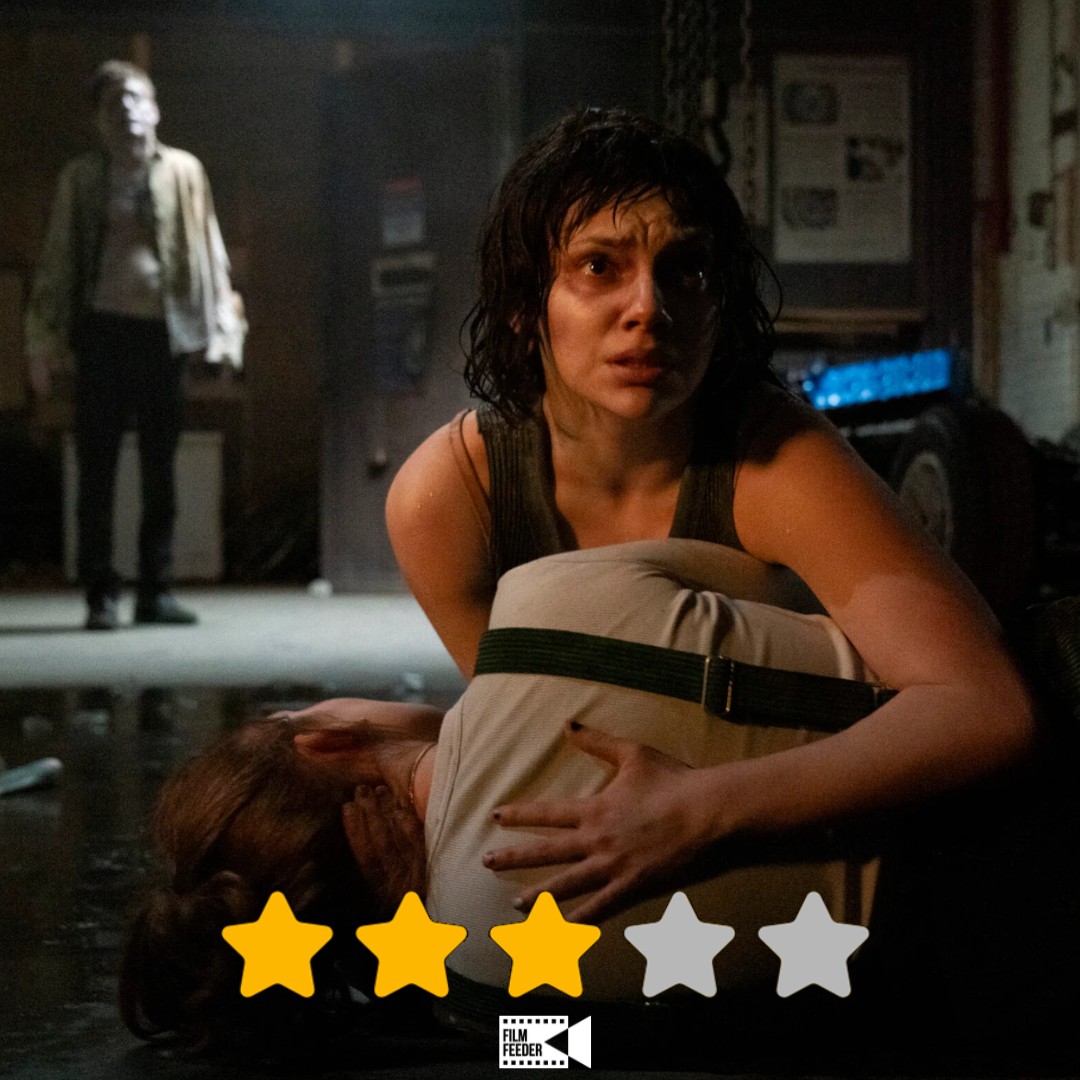
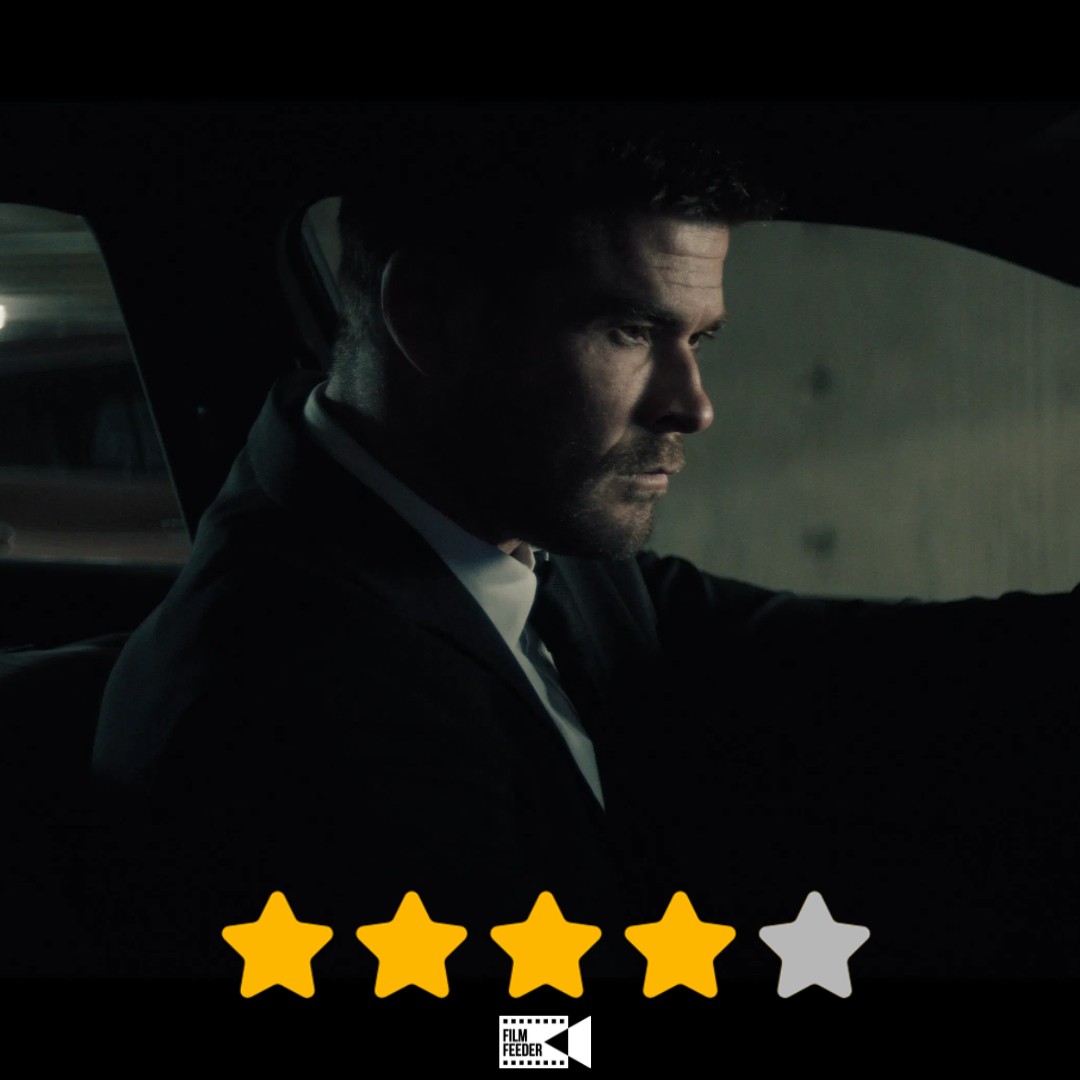
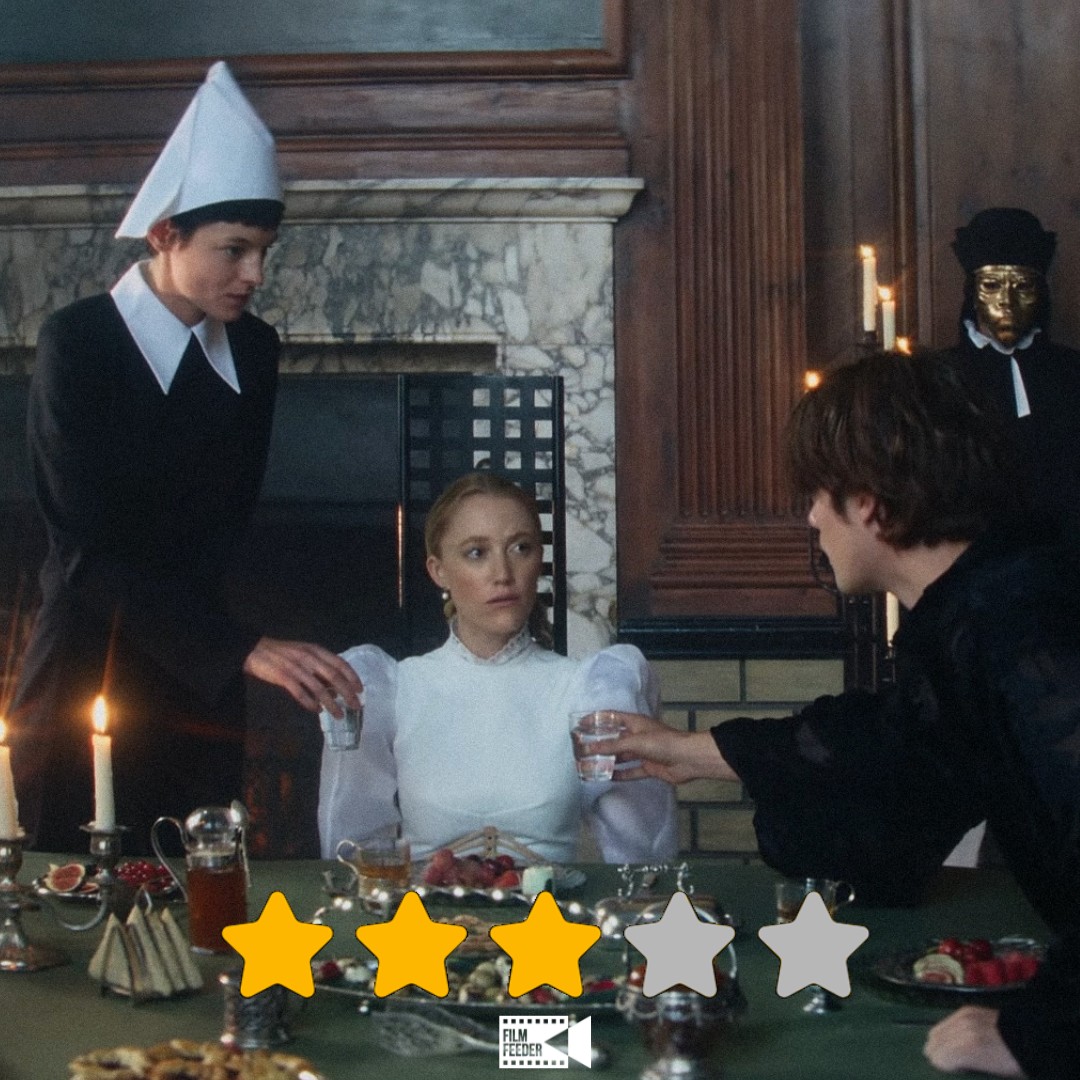


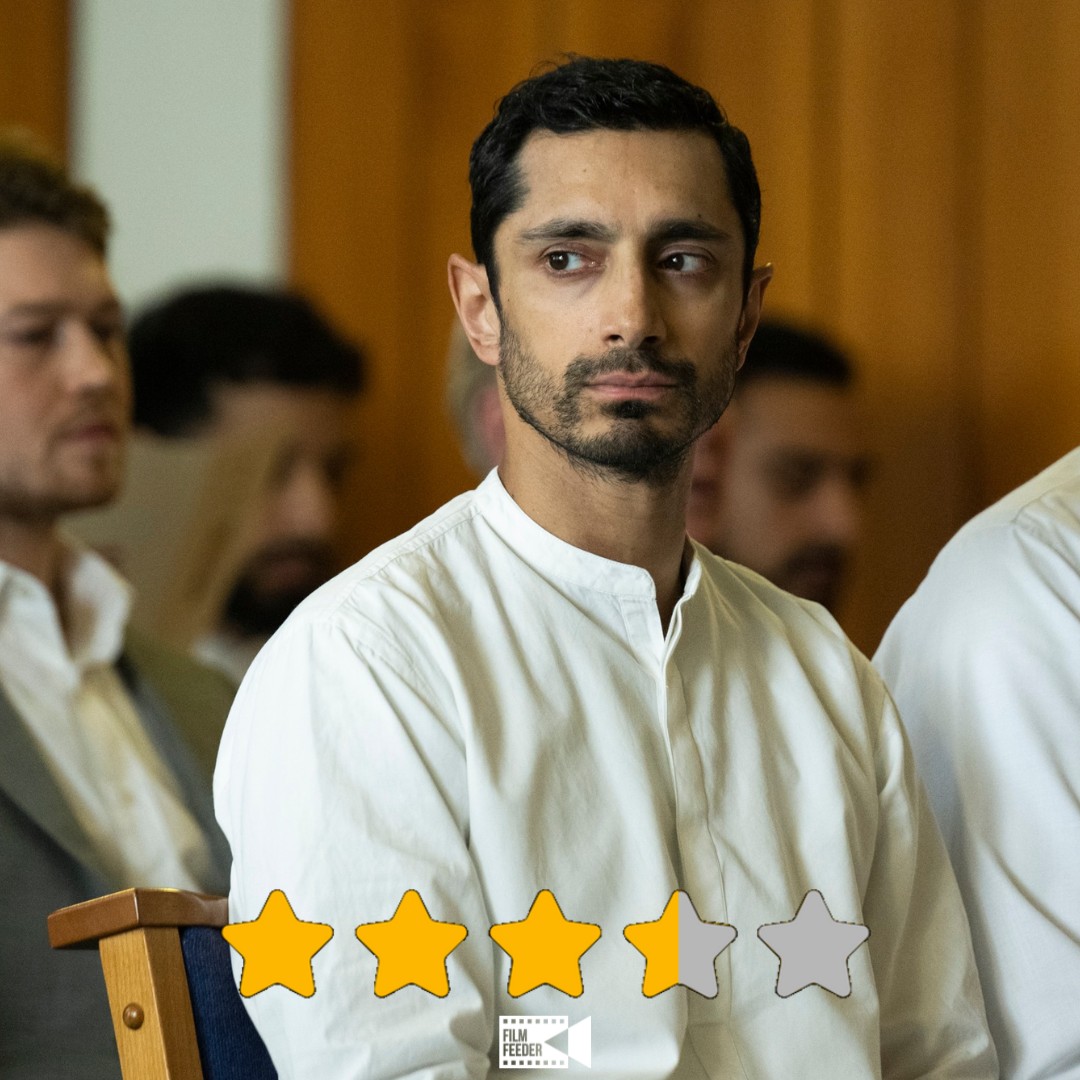
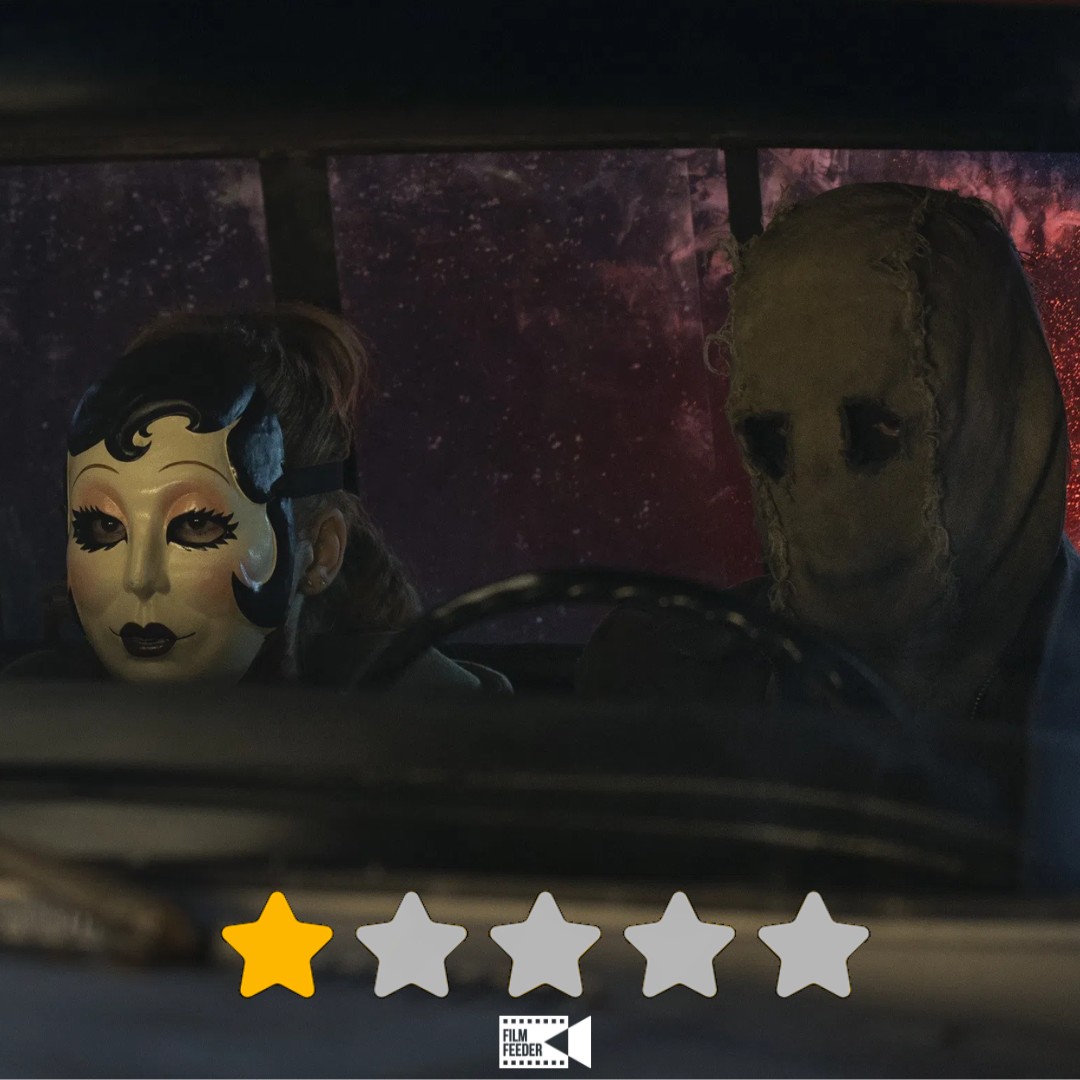
0 Comments